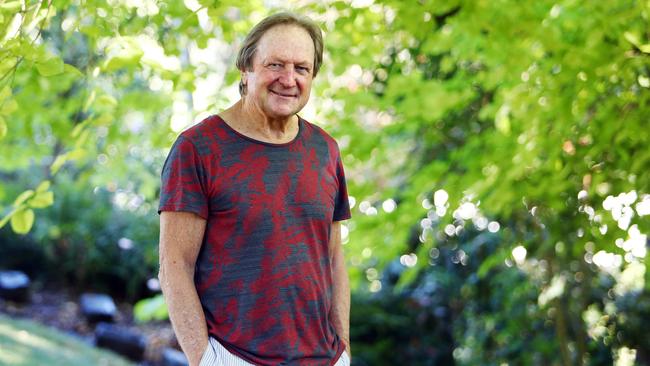Kevin Sheedy, game for just about anything
As a keen gardener, Kevin Sheedy knows what it takes to make things grow.

As a keen gardener, Kevin Sheedy knows what it takes to make things grow.
He has watched the Anzac Day match between Essendon and Collingwood, an idea he conceived of nearly a quarter of a century ago, blossom into one of the biggest annual fixtures outside the AFL finals.
He has witnessed the remarkable mutual embrace between football and indigenous Australia, having pushed long before it was fashionable for the game to give greater opportunities to Aboriginal players.
Today’s Officer of the Order of Australia is partly for his services to football, an honour that recognises his more than half a century as a Richmond player, Essendon and Greater Western Sydney coach and ongoing ambassador, advocate and spruiker for all good things in the game.
For Sheedy, however, football has always been a means to more important work. His citation also recognises his contribution to the employment and training of young people, another successful, slow-growing project that Sheedy planted many years ago along with influential friends inside and outside the AFL.
“Footy is a rock and roll show, isn’t it,’’ Sheedy tells The Weekend Australian. “The ball bounces either way. The strumming guitar, the lead singer, throw in the drums and away you go. That’s a game of footy. It is all over in two hours and you go home shattered or deliriously happy. Can we do something else with the game?’’
In 1994, that something else led Sheedy, the then AFL chairman Ron Evans, ACTU secretary Bill Kelty, Keating government minister Simon Crean and others to form AFL SportsReady, a not-for-profit company that develops the careers of young people through traineeships and education.
Since then, $1 from every AFL finals ticket sold has gone towards AFL SportsReady, which estimates it has helped more than 13,000 jobseekers, including more than 1500 indigenous Australians.
Not one to dwell on past work, Sheedy was this week in talks with Tabcorp to establish a lottery to support returned military service personnel and is lobbying the Hotels Association of Australia to partner the AFL’s Country Round — a themed week of matches celebrating footballers who grew up in regional cities and country towns — to raise money for regional communities.
On a day when local government ceremonies around the nation will formally bestow citizenship on new Australians, Sheedy also has an idea to encourage more immigrants to embrace the national game.
“I think every club and the AFL should give every new person coming to Australia a membership ticket for four or five games, as a gift and a welcome to our nation’s number one sport,’’ he says. “We want them to love our game.’’
If it sounds a bit unlikely, it is not the first time. Sheedy remembers, not that long ago, watching brilliant Aboriginal footballers playing in remote parts of Australia and being told they would never make it in the big league.
“Lionel Rose and Evonne Goolagong went and won overseas and people were telling me that Aboriginals won’t want to come to Melbourne to play footy? Sometimes you have got to listen with your eyes.’’



